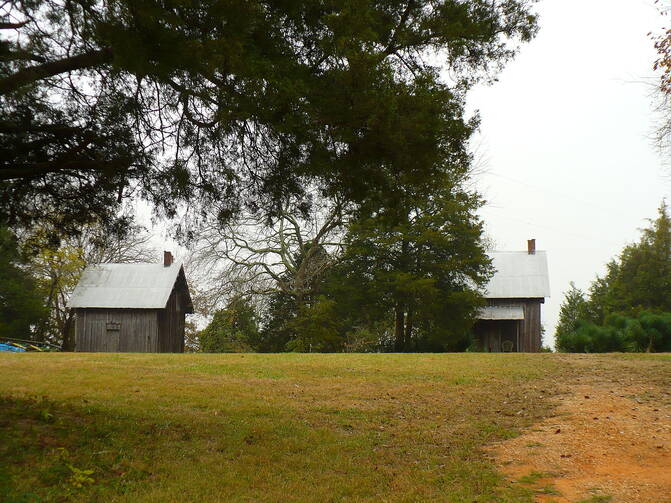“My job is to get in the car and drive to every far flung, criss-cross part of Alabama, talking to people about what our hopes are for the future,” Dana Sweeney, the statewide organizer at the Alabama Appleseed Center for Law & Justice, says. He joins “The Gloria Purvis Podcast” this week to discuss mass incarceration, economic and racial justice and government accountability in Alabama.
“Alabama is the sixth poorest state in the country,” says Dana, “and we also have some of the harshest criminal punishment laws in the country, and where those two realities about Alabama crash together, we see an immense amount of harm.” The solution? To carefully document the harm and address the outdated laws that perpetuate these conditions. That is the work of the Alabama Appleseed Center, a nonprofit organization that works to achieve justice and equity for all Alabamians. And as Alabama Appleseed’s statewide organizer, Dana has witnessed firsthand some of the greatest injustices to plague the state: “We all know these problems exist, but unless we are able to make it irrefutable on paper, we are not going to succeed in persuading and pressuring lawmakers to do something about it.”
The research and data collection by the Appleseed Center has exposed massive economic gulfs between white and Black communities, but it has also brought people together.
Take the Black Belt region of Alabama, for instance. Historically, it was the primary seat of enslavement due to the rich, fertile soil. However, following the Reconstruction Era, the government systematically divested from the region, impoverishing generations with poor septic infrastructure and various subtropical diseases long thought to have been eradicated from the United States.
Dana visits poor rural Black and white communities to draw connections across racial lines around issues that affect everyone, including unpaid traffic tickets and exploitative payday lending practices. The research and data collection by the Appleseed Center has exposed massive economic gulfs between white and Black communities, but it has also brought people together. “The body of Christ includes people who disagree with me,” Dana says, and “my experience has been that these conversations only become possible through relationship.”
Lastly, if you’ve been enjoying “The Gloria Purvis Podcast,” please consider sharing some feedback in this brief listener survey!
Related Links:








